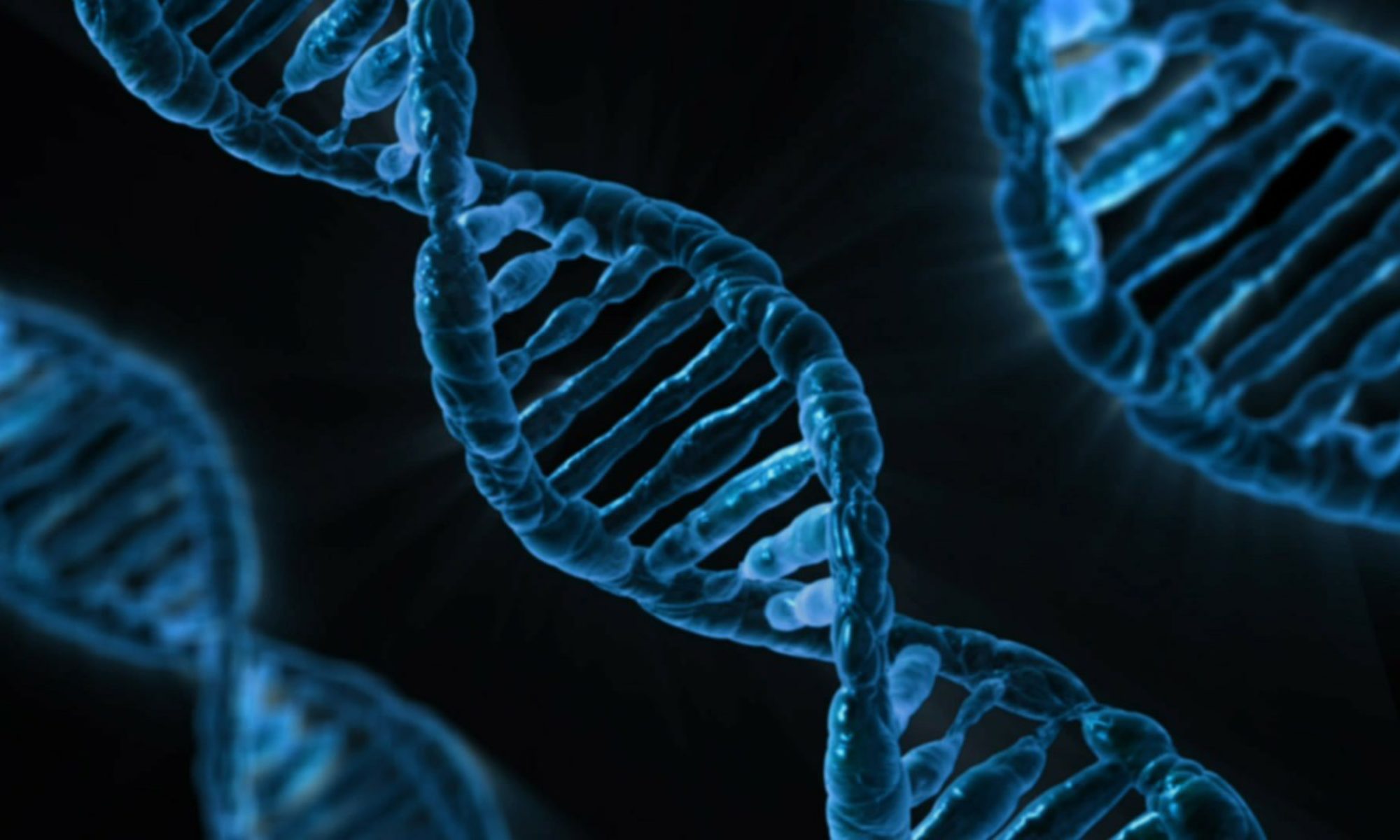Nearly all men with metastatic prostate cancer treated initially with androgen deprivation therapy (the standard-of-care) eventually develop progressive disease afterwards, which is referred to as castration-resistant prostate cancer (CRPC). The prevalence of prostate cancer is estimated at 3,072,000 in 2020 in the US, while the incidence of CRPC is roughly 43,000 patients. Due to prostate-specific antigen testing, prostate cancer is the most diagnosed cancer but remains the second leading cause of death for males. Mortality due to CRPC is presently at 19.5%.
90% of CRPC patients develop metastases, mainly within the skeleton, which greatly contributes to morbidity and mortality. CRPC is well recognized as resistant to conventional therapies due to its main feature of apoptosis resistance. In fact, CRPC is presently incurable. The median survival is less than 19 months.
NDT is developing NDT-03, a novel small molecule compound that dose-dependently suppresses both cellular growth and cell cycle progression in a number of CRPC tumor cell lines, and that does not appear to be toxic to normal human cells. NDT-03 suppresses the growth of CRPC xenografts in mouse bone without systemic toxicity. Moreover, NDT-03 is also robustly effective as a growth inhibitor against bone osteoclast cells that undergo cancer-induced osteoclastogenesis, which contributes to bone metastasis in CRPC patients.
NDT-03 acts by inducing cellular autophagy, which occurs through NDT-03’s effects on the PERK-eIF2a-ATF4 signaling pathway that targets CHOP, a protein regulator of autophagy. Because autophagy induction sensitizes cancer cells to chemotherapy and radiation, we also envision future treatments may involve autophagy stimulation by NDT-03 to improve the clinical outcomes for other tumor-targeted therapies.

